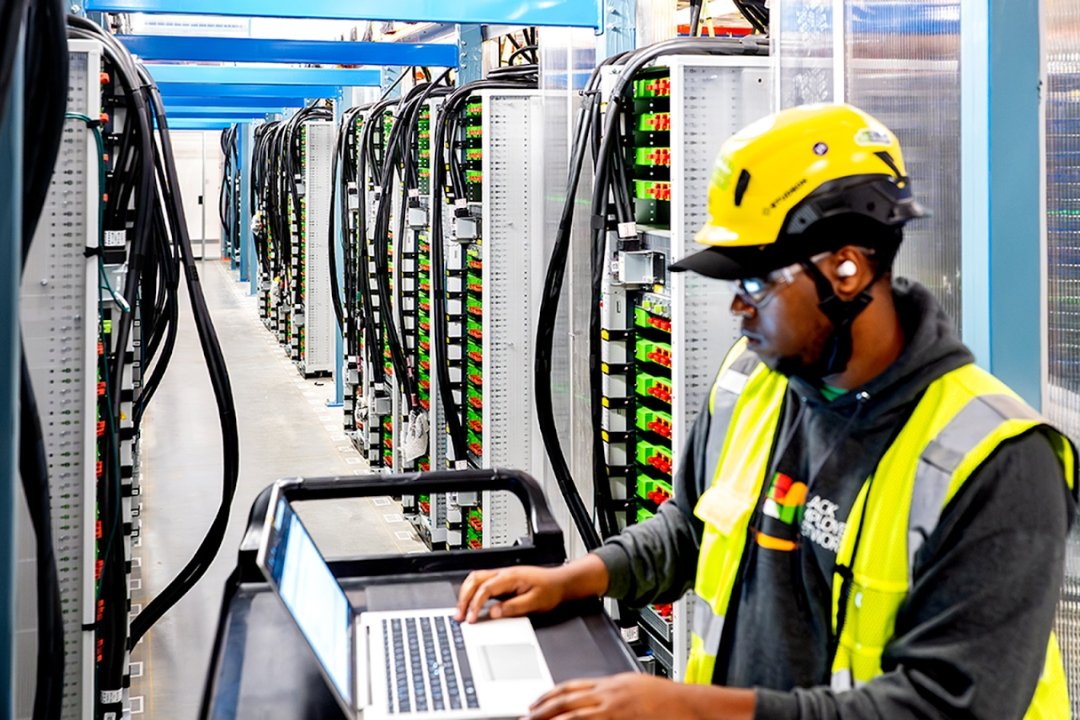The integration of AI in the fashion and apparel industry represents a transformative shift that enhances creativity, efficiency, and customer engagement. As designers harness AI-assisted tools to predict trends and explore innovative designs, and as retailers leverage data-driven insights to optimize inventory and personalize shopping experiences, the potential for growth and sustainability within the sector becomes increasingly evident.
As technology continues to evolve, the fashion and apparel industry is undergoing a remarkable transformation. This synergy between human creativity and advanced algorithms is reshaping various aspects of fashion, from design processes to retail strategies and customer engagement.
This evolution not only empowers the workforce through targeted training but also fosters a culture of innovation that is crucial for remaining competitive in a rapidly changing market. With the global AI in the fashion market projected to grow significantly, companies that invest in these technologies and their employees will be better positioned to navigate future challenges.
This shift presents a unique opportunity for existing staff to evolve alongside the industry. For designers, the focus is on mastering AI-assisted design tools that can streamline the creative process and enhance productivity. Meanwhile, those in manufacturing are being trained to effectively operate and maintain the latest AI-powered machinery, ensuring that production stays efficient and up-to-date.
By prioritising these training initiatives, fashion companies can empower their workforce to navigate the evolving landscape. In doing so, they not only enhance individual capabilities but also foster a more innovative and competitive industry. As AI continues to reshape fashion, it is clear that a well-trained workforce will be key to success.
As per the data released by Statista, the global artificial intelligence in fashion market amounted to 270 million U.S. dollars in 2018 and is expected to grow at a CAGR of 36.9 percent during the forecast period from 2019 to 2027, to amount to 4.4 billion U.S. dollars by 2027.
AI in Design: Anticipating Trends and Crafting Innovation
The impact of AI on fashion and apparel design is profound. By leveraging sophisticated algorithms, designers can analyse vast datasets encompassing fashion shows, social media trends, and consumer preferences. This capability allows them to predict upcoming trends with remarkable accuracy, ensuring they create designs that resonate with contemporary tastes.
Moreover, generative design tools powered by AI are pushing creative boundaries. These tools offer designers a multitude of design variations, colour palettes, and fabric combinations to explore. As per the data released by McKinsey and Company, in the coming three to five years, generative AI has the potential to add $150 billion, conservatively, and up to $275 billion to the apparel and fashion industry. Such advancements are not just about staying trendy; they enable fashion houses to develop unique and market-driven designs, significantly increasing their chances of success.
The role of AI in Retail
In retail, AI has emerged as a vital resource for analysing sales and customer data. Retailers are increasingly using AI-driven demand forecasting tools to accurately predict customer needs, allowing them to optimise inventory levels and reduce waste. This not only streamlines operations but also promotes more sustainable practices within the fashion and apparel industry.
Currently, fashion retailers employ AI for customer intelligence and demand planning. This technology is expected to enhance profitability rates in the wholesale and retail. With better insights into consumer behaviour, retailers can make informed decisions, effectively minimising the number of unsold items each season.
Enhancing Customer Support with AI
AI’s influence on customer experience is equally noteworthy. Virtual assistants and AI-powered chatbots have become essential tools for enhancing customer support. These innovations enable prompt responses to customer inquiries, order tracking, and grievance redressal, ensuring a seamless shopping experience.
Personalised recommendations powered by machine learning help consumers find precisely what they seek, often presenting them with options they may not have initially considered. Additionally, the introduction of virtual try-ons allows customers to visualise how outfits will look before making a purchase, adding an interactive dimension to online shopping.
Conclusion
As the fashion and apparel industry embraces AI, it is clear that the technology is not just a passing trend but a transformative force reshaping how design, retail, and customer engagement function. The future of fashion and apparel is bright, with AI paving the way for greater efficiency, sustainability, and consumer satisfaction. As AI continues to shape the industry, its role in enhancing design processes, streamlining retail operations, and enriching customer interactions underscores the importance of a collaborative approach that merges human creativity with technological advancement. Embracing this synergy will be key to driving the fashion industry forward, ensuring it remains dynamic, responsive, and sustainable.










